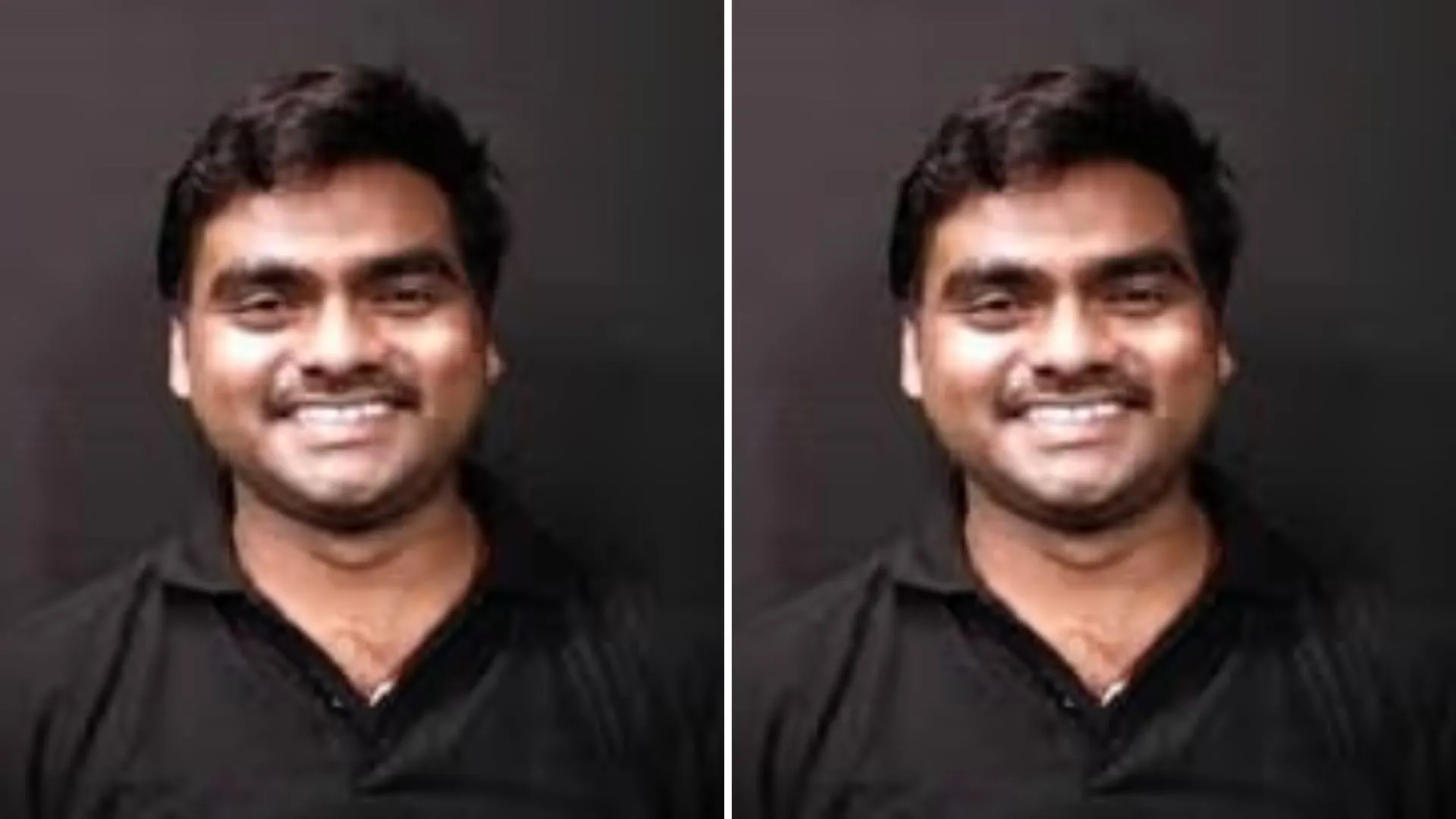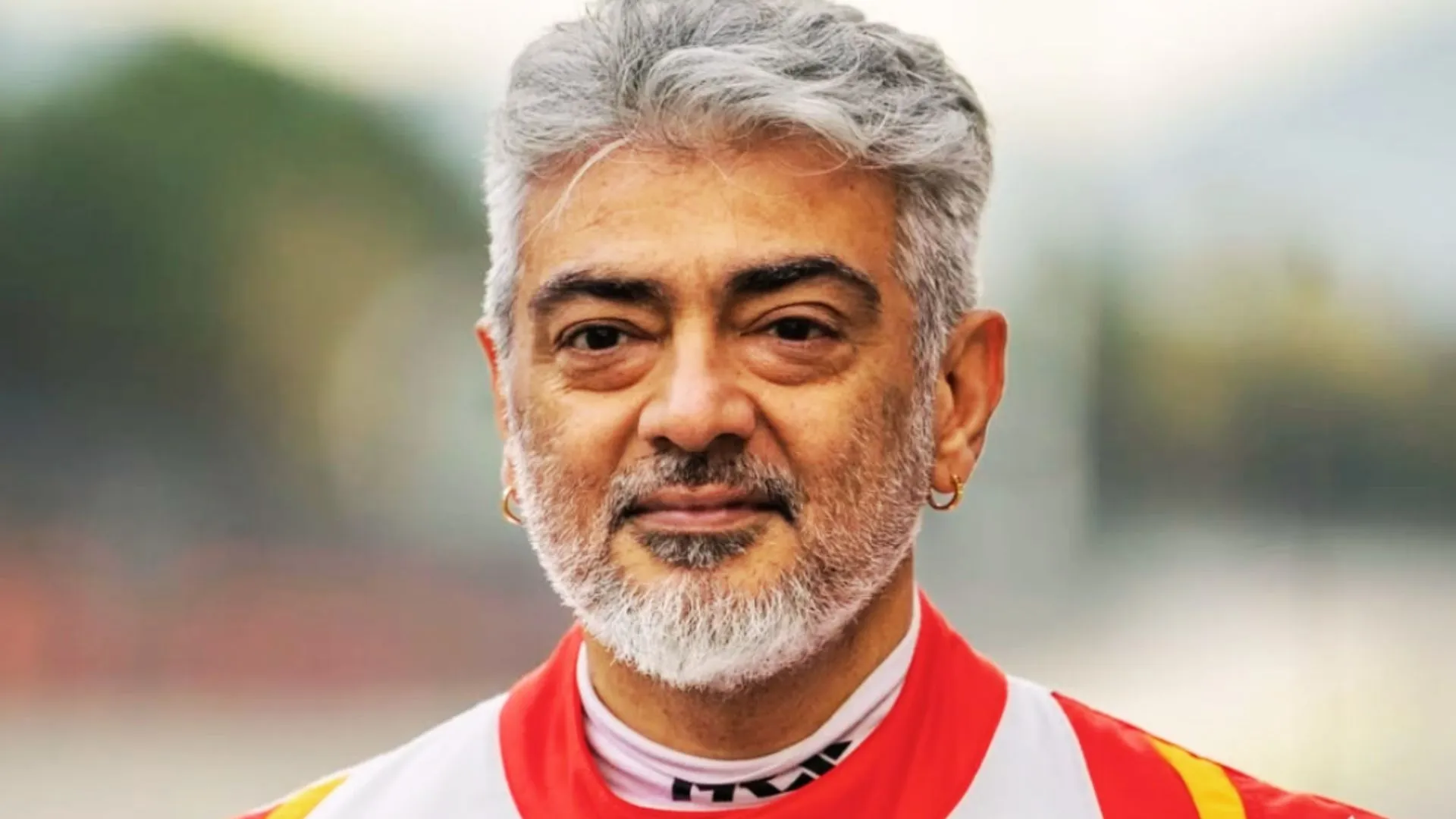Madhya Pradesh Chief Minister Mohan Yadav has presided over a high-level state workshop organized by the State Child Rights Protection Commission at Kushabhau Thakre Auditorium (Minto Hall) in Bhopal.
His address underscored the government’s robust commitment to strengthening institutional mechanisms for security, empowerment, and justice, emphasizing the quantifiable decline in crimes against women and children as a direct outcome of rigorous policy enforcement.
Empirical Trends In Crime Reduction & Legislative Stringency
CM Yadav provided a data-driven analysis of the efficacy of the state’s ‘Zero Tolerance’ policy in addressing crimes against vulnerable populations. “Crimes against women and children have declined significantly, which is a direct result of the state government’s ‘Zero Tolerance’ policy,” he stated. He elaborated on the judiciary’s adoption of stringent punitive measures, particularly the formalization of capital punishment for severe offenses, with courts having sanctioned the death penalty in 48 cases. This policy framework, he argued, serves as a deterrent and reflects the government’s unwavering stance on justice for victims of gender-based violence.
Interdisciplinary Collaboration For Social & Legal Advocacy
Acknowledging the multidimensional nature of crime prevention, CM Yadav emphasized that policy efficacy extends beyond legal frameworks and must integrate socio-cultural interventions. He reiterated the indispensable role of the Child Rights Protection Commission in shaping strategic initiatives and affirmed the government’s commitment to implementing its recommendations. His remarks advocated for a paradigm shift in collective societal responsibility, urging both institutional actors and civil society to contribute to sustained awareness and advocacy against gender and child-related crimes.
Legislative Synergy & Institutional Implementation
The workshop served as a platform for interdepartmental dialogue, engaging state officials and Child Welfare Committee members in an extensive discourse on the implementation of key legislative instruments. These included the Right to Free and Compulsory Education Act (2009), the Protection of Children from Sexual Offenses (POCSO) Act (2012), and the Juvenile Justice Act (2015). Discussions focused on refining enforcement mechanisms, addressing systemic inefficiencies, and enhancing inter-agency coordination to fortify protective measures for children and women.
Governance & National Development
CM Yadav contextualized Madhya Pradesh’s legal and social reforms within the broader trajectory of national governance under Prime Minister Narendra Modi. He underscored India’s ascent in global forums, attributing this progress to a strengthened democratic ethos and an empowered citizenry. “India is not only capable of countering external threats but is also effectively addressing internal challenges,” he asserted, framing state-level policy advancements as critical components of national security and governance reform.
Cultural Symbolism and Ethical Constructs
Incorporating a historical and cultural perspective, CM Yadav referenced the Ramayana to illustrate the intrinsic potential of youth as architects of societal transformation. He cited the episode in which Maharishi Vishwamitra sought King Dasharatha’s approval for young Lord Ram and Lakshman to vanquish demonic forces, using this narrative to highlight the latent power and responsibility vested in the younger generation. “The childhood narratives of Lord Ram and Lord Krishna serve as inspiration for society to follow the path of righteousness,” he remarked, advocating for ethical governance rooted in moral fortitude.
This workshop reaffirmed the Madhya Pradesh government’s strategic focus on legislative rigor, institutional collaboration, and cultural ethos in safeguarding the rights of women and children. By fostering a legal and social ecosystem that prioritizes justice, awareness, and proactive governance, the state continues to refine its approach toward ensuring the safety and empowerment of its most vulnerable citizens.
Read More: Dhananjay Munde Resigns As Maharashtra Minister, CM Fadnavis Accepts Resignation























